Micotherapy Gastro
Gastric support
Micotherapy Gastro is a food supplement based on organic Hericium erinaceus and plant extracts, useful for the functionality of the digestive system
Properties
- Hericium erinaceus: commonly known as “Lion’s mane” is traditionally used in the treatment of gastric problems. Thanks to its anti-inflammatory and healing properties it promotes the regeneration of the gastrointestinal mucosa and can be useful in inflammatory and infectious problems involving the mucous membranes of the digestive system
- Mastinat: it is a resin produced by the Pistacia Lentiscus plant, rich in triterpenes, which has various properties, in particular it is useful in problems related to the stomach, such as gastritis and ulcers, also thanks to its antibacterial action, also in Helicobacter Pylori infections.
- DGL Liquorice: has anti-inflammatory, antispasmodic, healing and mucosa-protective properties, proving useful in cases of alterations affecting the gastrointestinal system such as stomach ache, heartburn and gastroesophageal reflux. The deglycyrrhizinated extract (max. 2% glycyrrhizic acid) provides the benefits of whole licorice but without the side effects of glycyrrhizic acid.
Physiological effects
Gastric support.
Ingredients
- Hericium erinaceus sporophorum from organic farming, Mastinat (Pistacia lentiscus) dry extract, Liquorice DGL dry extract (titrated max. 2% glycyrrhizic acid), Hericium erinaceus dry extract (titrated 50% in polysaccharides). Anti-caking agents: micronized silica, vegetable magnesium stearate; vegetable capsule (hydroxypropylmethylcellulose)
| AVERAGE CONTENT OF CHARACTERIZING INGREDIENTS |
PER DAILY DOSES (4 CPS) |
| Hericium erinaceus sporophorum | 800 mg |
| Pistacia lentiscus dry extract | 520 mg |
| Liquorice DGL dry extract | 450 mg |
| Maximum glycyrrhizic acid content | 9 mg |
| Hericium erinaceus dry extract | 200 mg |
| Polysaccharide content | 100 mg |
Instructions for use
2 capsules 2 times a day, before main meals
Format
Pack of 90 capsules
Notes
Bibliography
- Yang Yan, Yan Huifang, Lu Hongqi, Tang Qingjiu, Zhou Changyan, Bai Yunqin. A Study on the Protective Effect of Hericium erinaceus Extractions on the Stomachal Mucosa of the Rat. Acta Edulis Fungi 1999
- Mahmood Ameen Abdulla,Suzita Mohd Noor,Vikineswary Sabaratnam, Noorlidah Abdullah, Kah-Hui Wong, Hapipah Mohd Ali. Effect of Culinary-Medicinal Lion’s Mane Mushroom, Hericium erinaceus (Bull.: Fr.) Pers. (Aphyllophoromycetideae), on Ethanol-Induced Gastric Ulcers in Rats. Int.J.Med.Mushr. 2008, Volume 10 / Issue 4
- Huwez FU, Al-Habbal MJ. Mastic in treatment of benign gastric ulcers. Gastroenterol Japon 1986;21:273-4.?2. Al-Habbal MJ, Al-Habbal Z, Huwez FU. A double-blind controlled clinical trial of mastic and placebo in the treatment of duodenal ulcer
- J Clin Exp Pharm Physiol 1984;11:541-4.?3. Al-Said MS, Ageel AM, Parmar NS, Tariq M. Evaluation of mastic, a crude drug obtained from Pistacia lentiscus for gastric and duodenal anti- ulcer activity. J Ethnopharmacol 1986;15:271-8.?4
- Paraschos S, Magiatis P, Mitakou S, Petraki K, Kalliaropoulos A, Maragkoudakis P, Mentis A, Sgouras D, Skaltsounis AL. In vitro and in vivo activities of Chios mastic gum extracts and constituents against Helicobacter pylori. Antimicrob Agents Chemother. 2007 Feb;51(2):551-9. Epub 2006 Nov 20
- Dabos KJ, Sfika E, Vlatta LJ, Giannikopoulos G. The effect of mastic gum on Helicobacter pylori: a randomized pilot study. Phytomedicine. 2010 Mar;17(3-4):296-9. doi: 10.1016/j.phymed.2009.09.010. Epub 2009 Oct 29
- Konstantinos J KJ Dabos, Ekaterini E Sfika, Lisa J LJ Vlatta, Despoina D Frantzi, Georgios I GI Amygdalos, Georgios G Giannikopoulos. Is Chios mastic gum effective in the treatment of functional dyspepsia? A prospective randomised double-blind placebo controlled trial. J Ethnopharmacol 127(2):5 (2010),
- FU Huwez. Mastic Gum Kills Helicobacter pylori. N Engl J Med 1998; 339:1946 December 24, 1998
- Dimas SK, Pantazis P, Ramanujam R. Review: Chios Mastic Gum: A Plant-produced Resin Exhibiting Numerous Diverse Pharmaceutical and Biomedical Properties. In Vivo September-October 2012 26 (5) 777-785
- Wittschier N, Faller G, Hensel A. Aqueous extracts and polysaccharides from Liquorice roots (Glycyrrhiza glabra L.) inhibit adhesion of Helicobacter pylori to human gastric mucose. Journal of Ethnopharmacology. Volume 125, Issue 2, 7 September 2009, Pages 218–223
- R. Dehpour, M. E. Zolfaghari, T. Samadian, Y. Vahedi. The protective effect of liquorice components and their derivatives against gastric ulcer induced by aspirin in rats. Journal of Pharmacy and Pharmacology. Volume 46, Issue 2, pages 148–149, February 1994
- Reese WD, Rhodes J, Wright JE, Stamford LF, Bennet A. Effect of deglycyrrhinated liquorice on gastric mucosal damage by aspirin. Scand.J.Gastroenterol. 1979; 14(5):605-607
- Krausse R, Bielenberg J, Blaschek W, Ullman U. In vitro anti-Helicobacter pylori activity of Extractum liquiritiae, glycyrrhizin and its metabolites. Journal ofAntimicrobial Chemotherapy. Volume 54, Issue 1. Pp. 243-246
- Fukai T, Marumo A, Kaiyou K, Kanda T, TeradaS, Nomura T. Anti-Helicobacter pylori flavonoids from licorice extracts.Life Sci. 2002 Aug 9;71 (12):1449-63
Benefits
Gastric support.
In-house production cycle
We produce our supplements in our in-house laboratories to ensure performance and safety.
Useful product codes
- included in the register of supplements: code 62494
- Paraf Code: 923579231



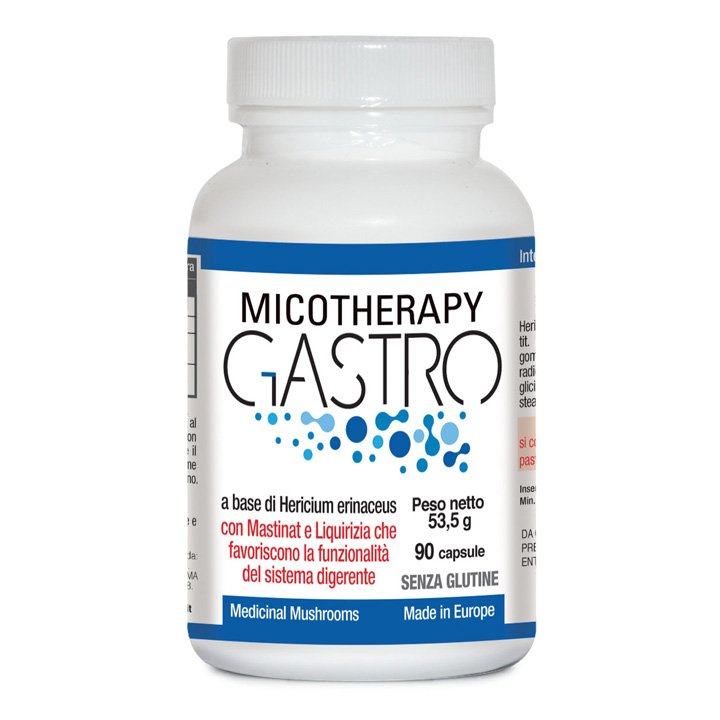

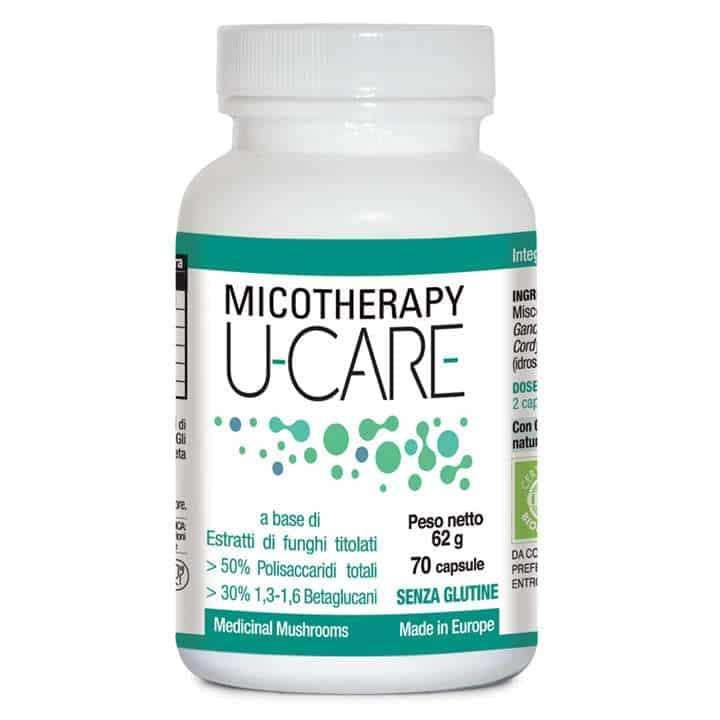
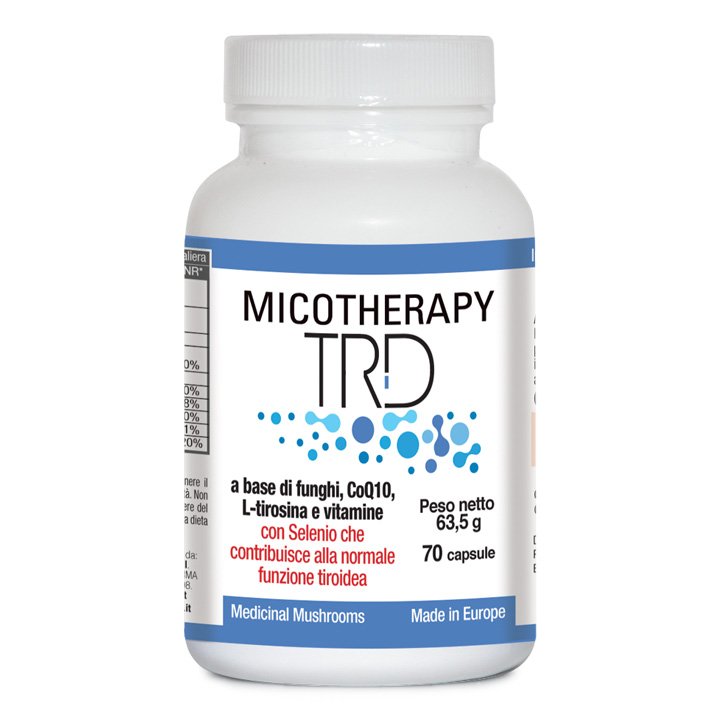
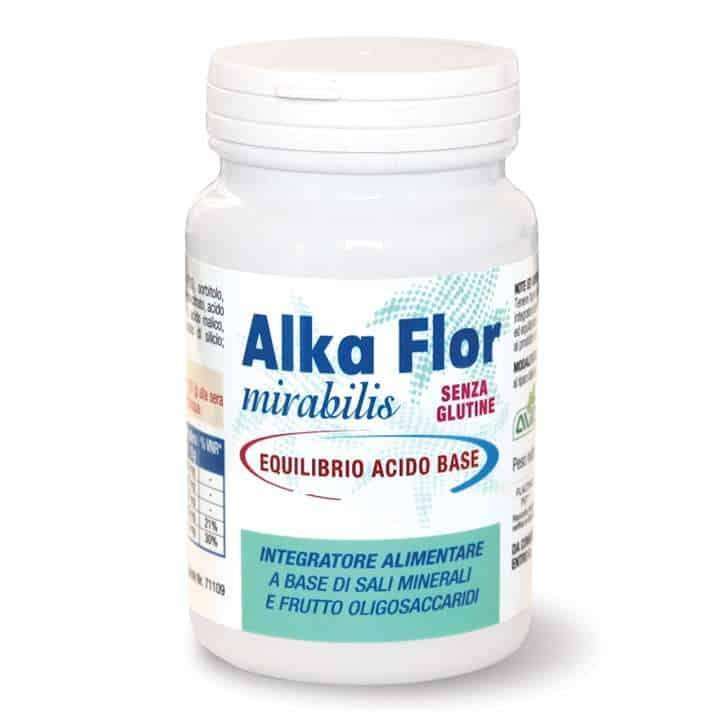
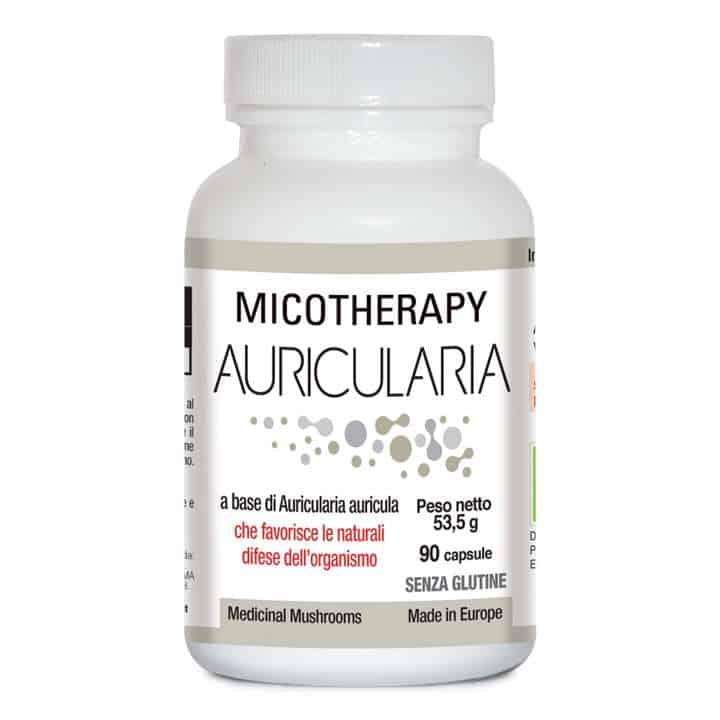
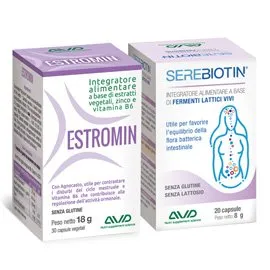
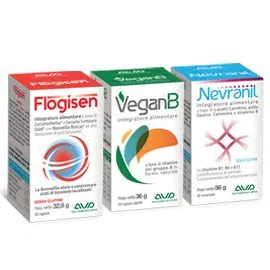

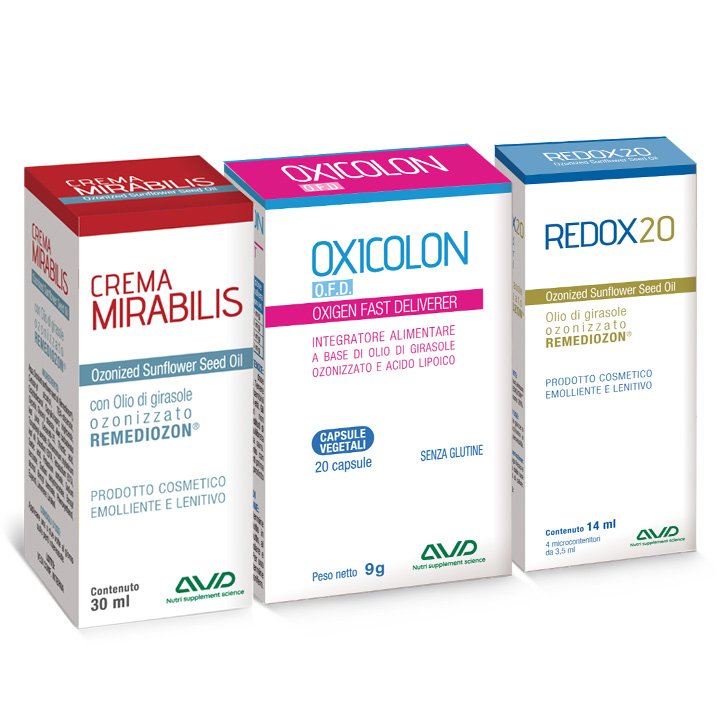
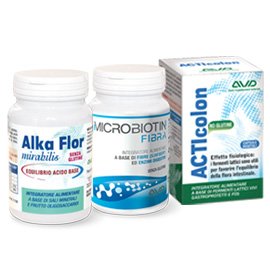
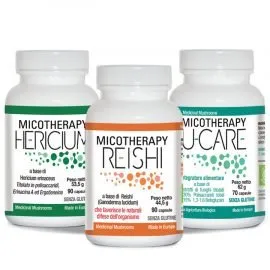
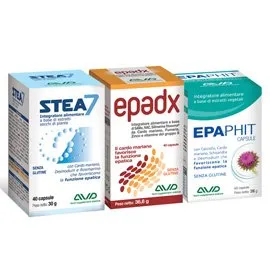
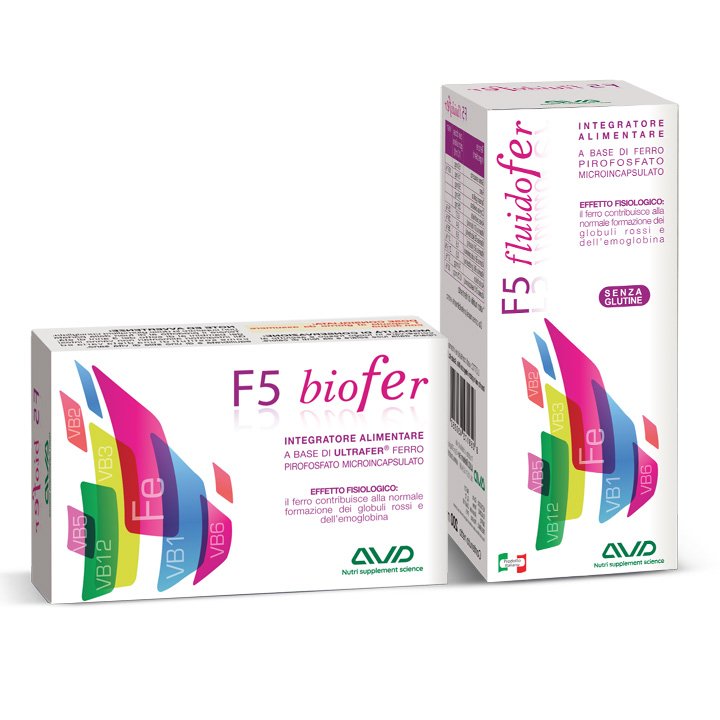
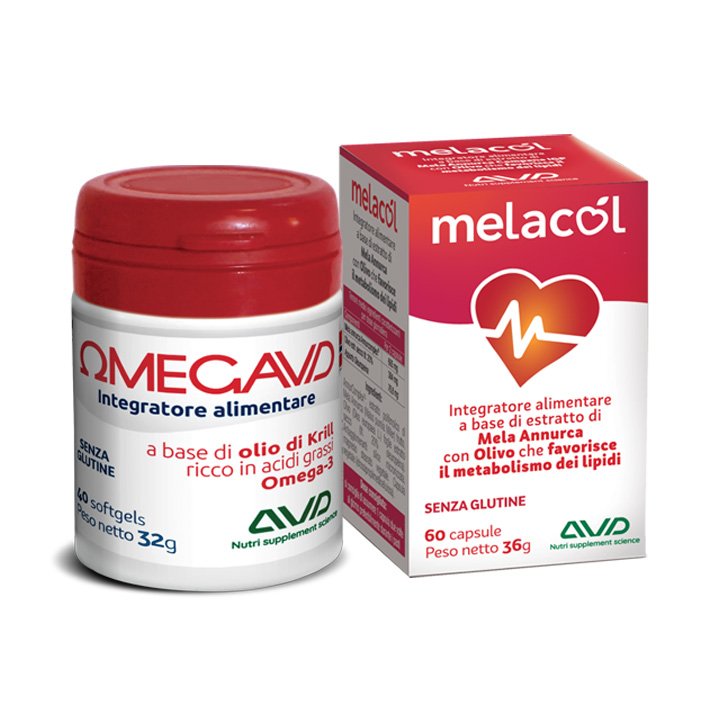
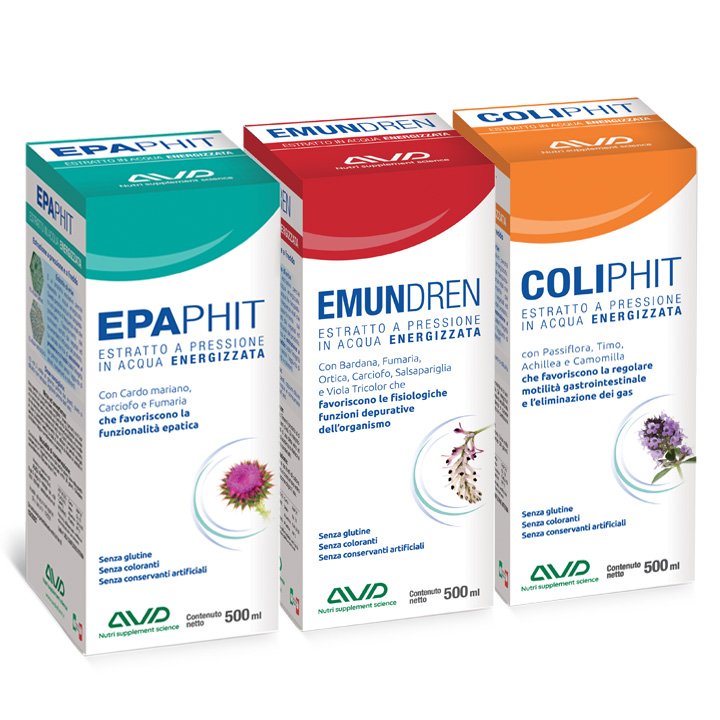
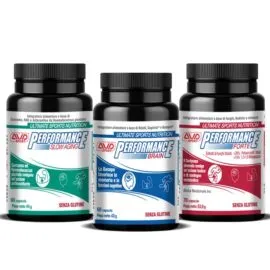
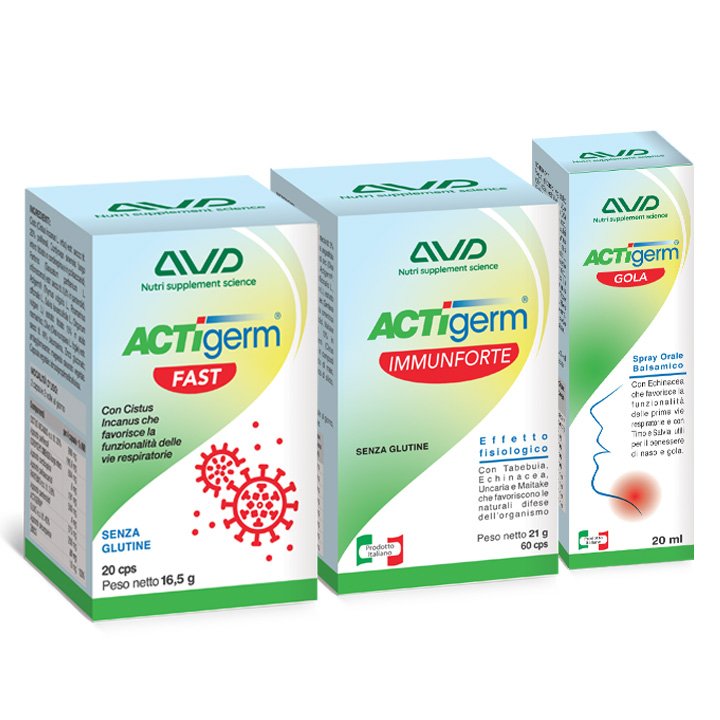
Reviews